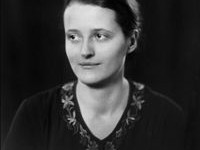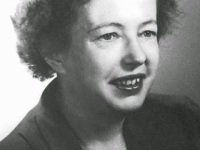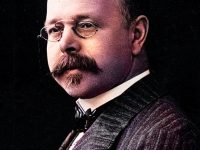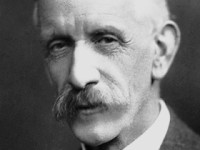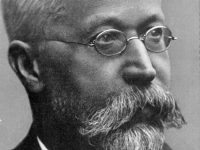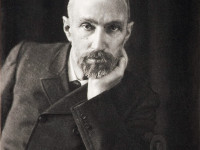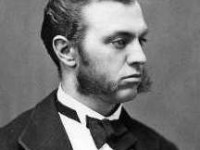Marthe Louise Vogt and the Role of Neurotransmitters in the Human Brain
On September 8, 1903, German neuroscientist Marthe Louise Vogt was born. She is considered one of the important neuroscientists of the 20th century and is mainly remembered for her important contributions to the understanding of the role of neurotransmitters in the brain, especially epinephrine. Marthe Louise Vogt – Early Years Marthe Vogt was the older of two daughters of Oskar Vogt and Cécile Vogt, both doctors and brain researchers. In 1903, her…
Read more

